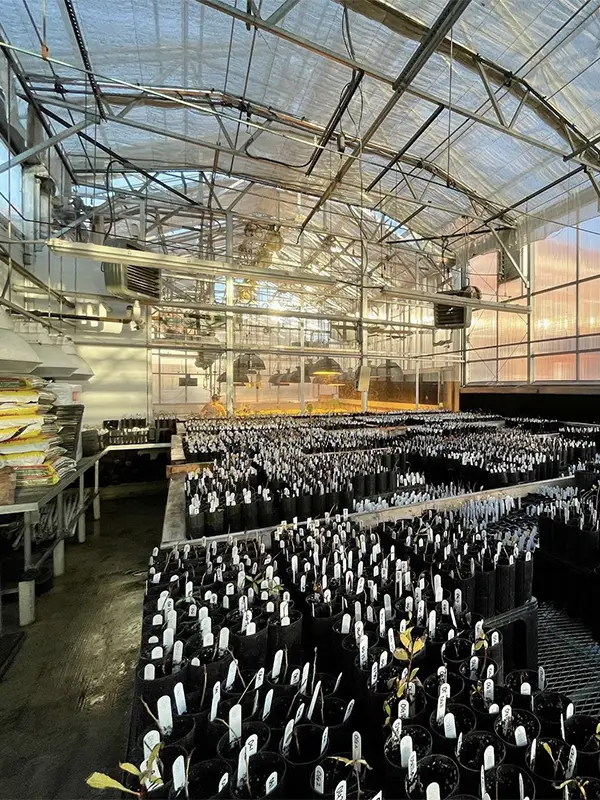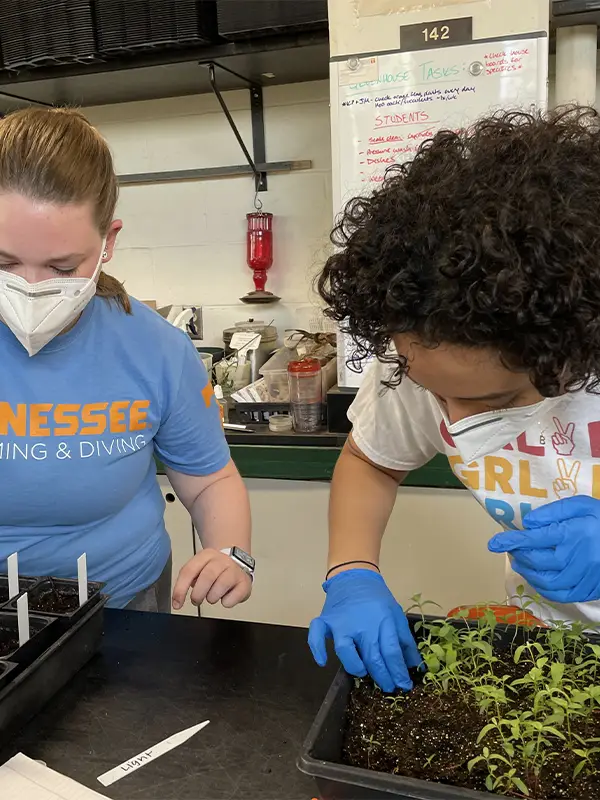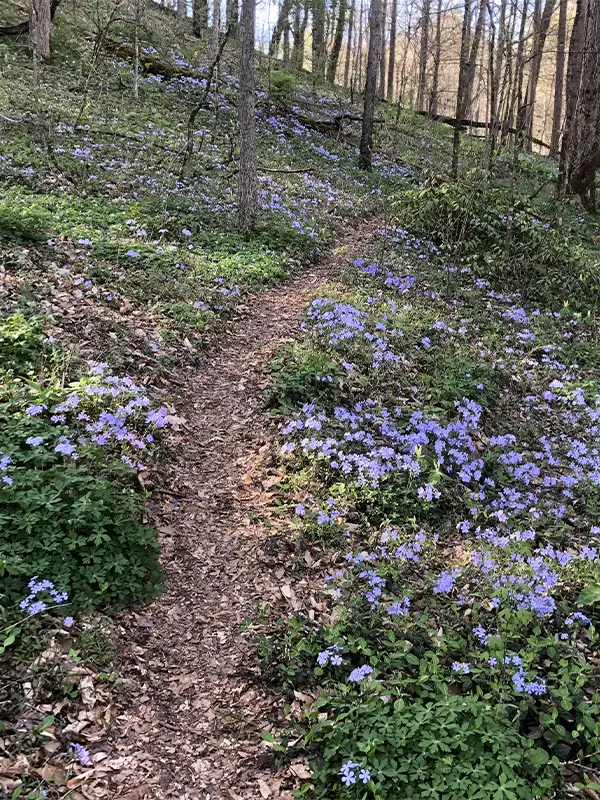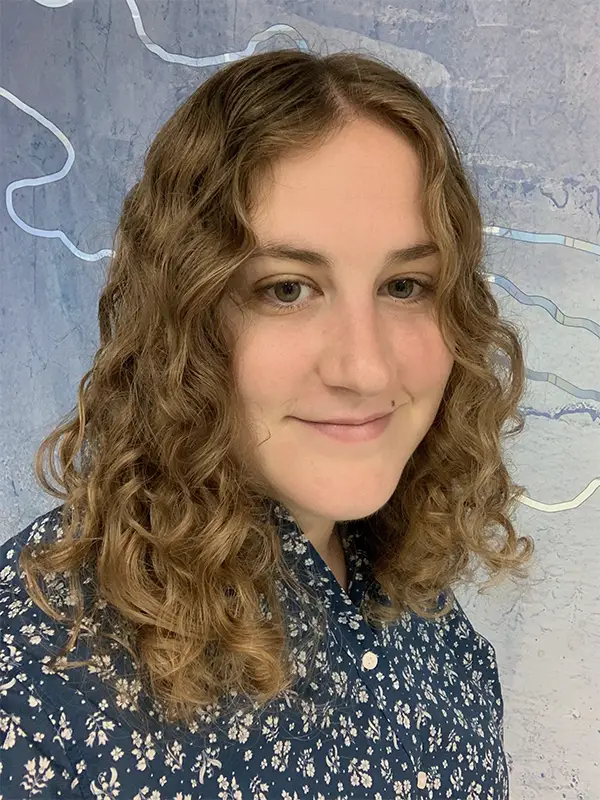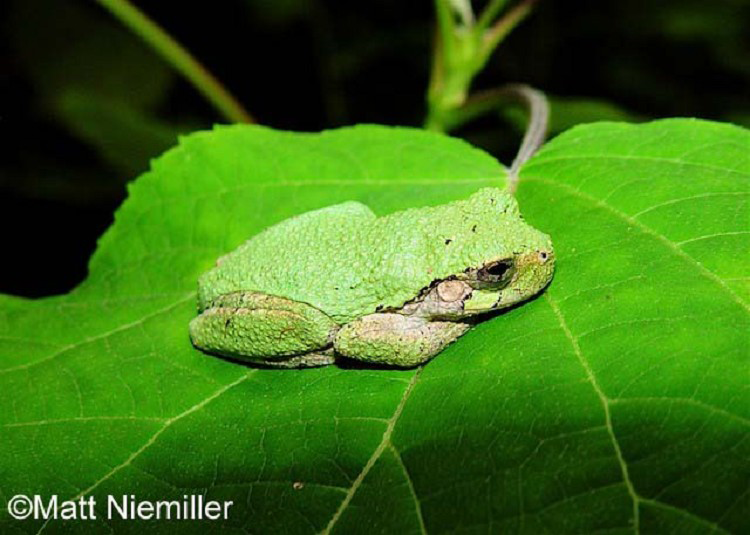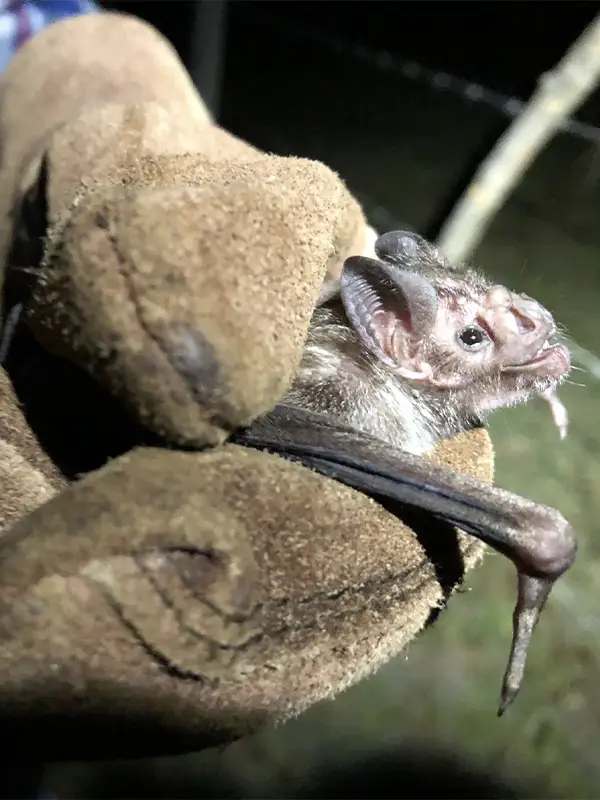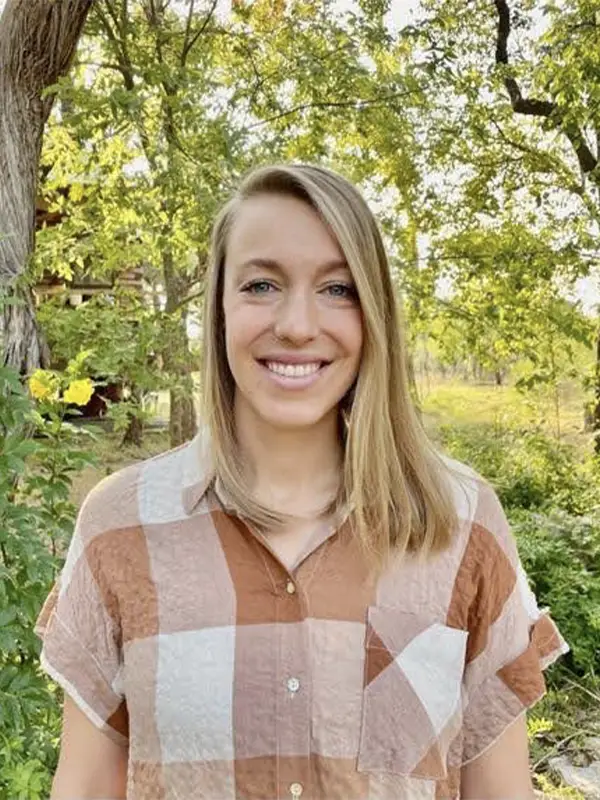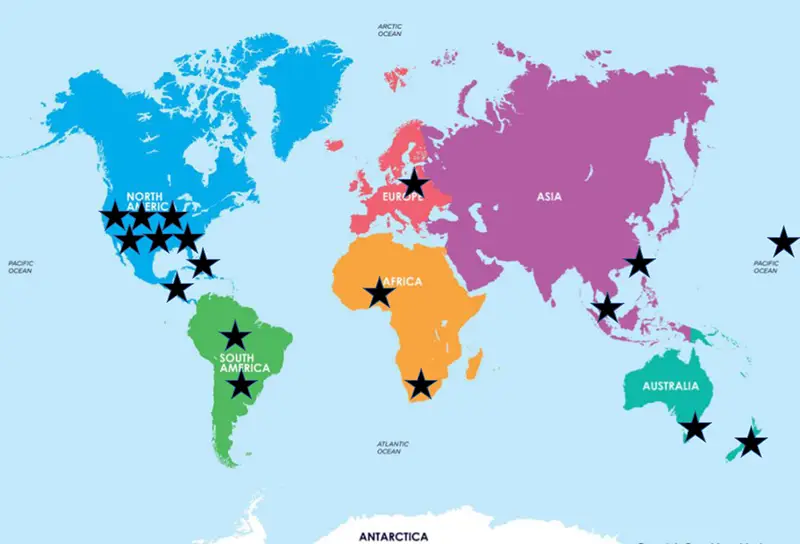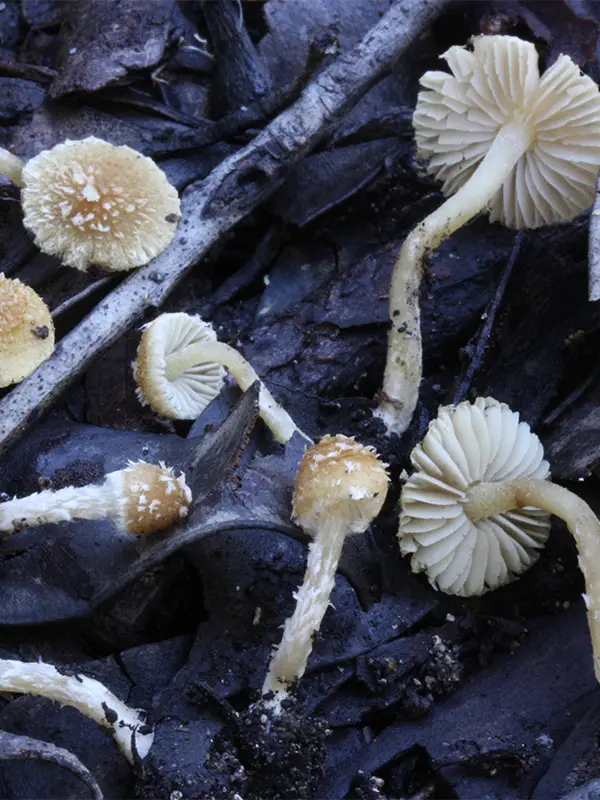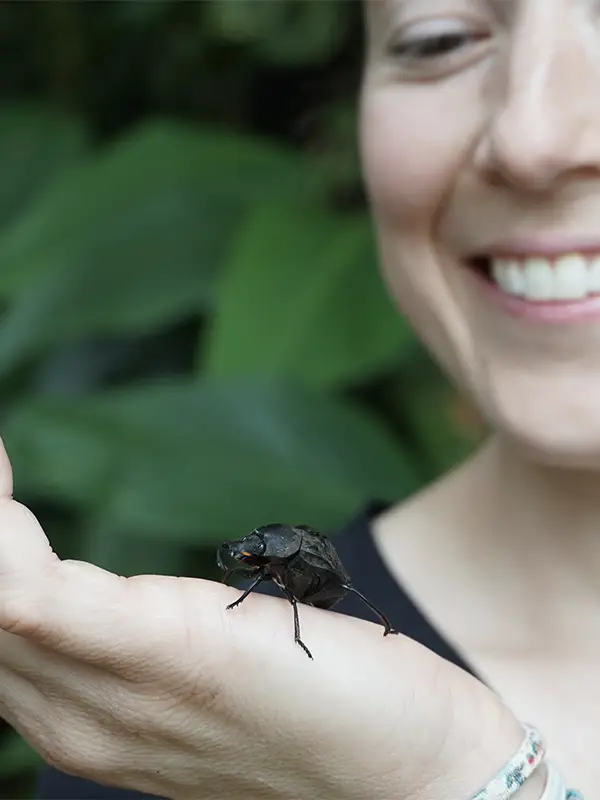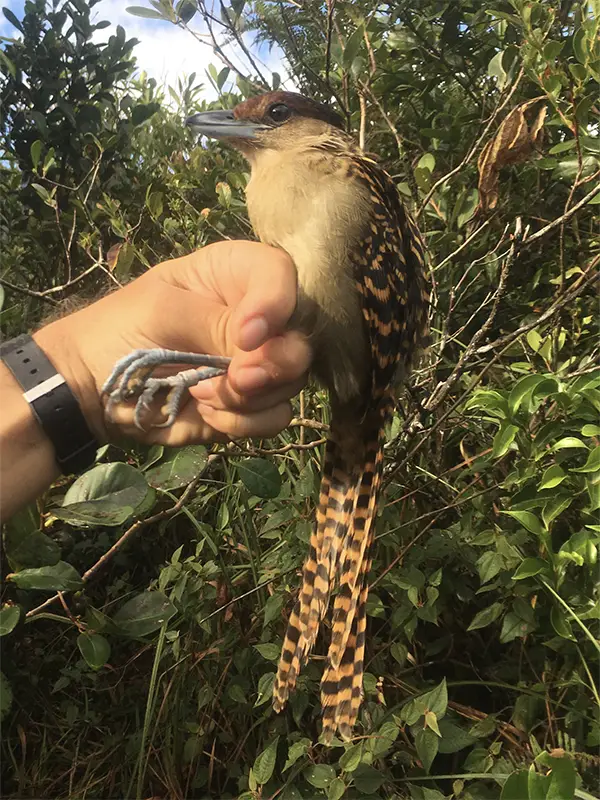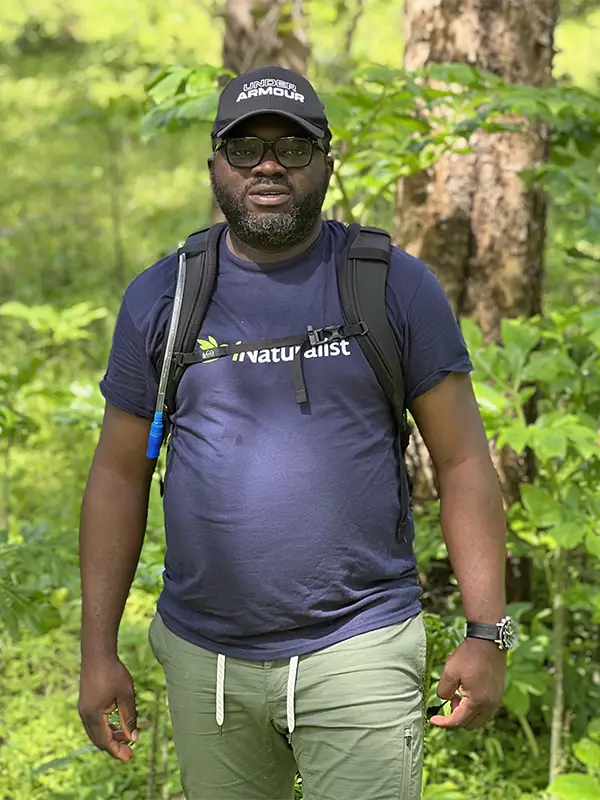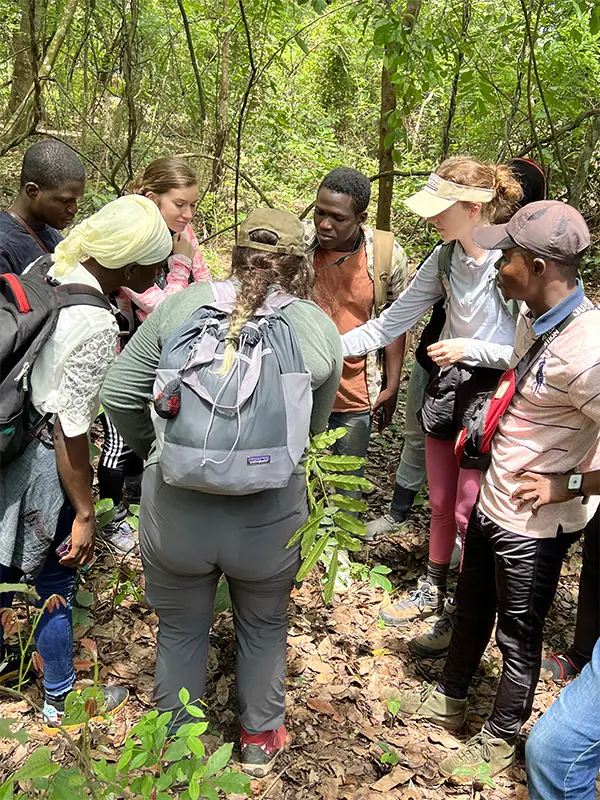Simberloff Receives Honorary Doctorate
Simberloff Receives Honorary Doctorate
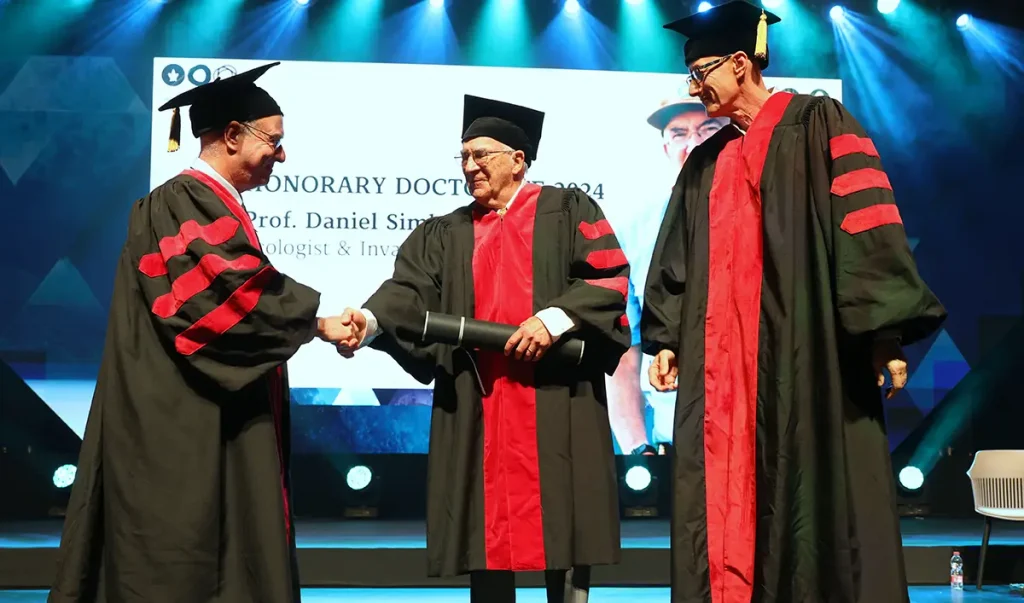
by Amy Beth Miller
Daniel Simberloff’s contributions to ecology and conservation biology as a researcher, educator, and mentor received recognition this spring from Tel Aviv University (TAU).
Simberloff, the Gore Hunger Professor of Environmental Studies in the University of Tennessee, Knoxville’s Department of Ecology and Evolutionary Biology, received an honorary doctorate during a May 30 ceremony at TAU. The certificate cites Simberloff’s “legendary achievements as an ecologist, conservation biologist and invasive species expert.”
Simberloff is the first ecologist to receive an honorary degree from Tel Aviv University, and the university also asked him to open a symposium that week that brought together scientists from across Israel studying biological invasions and government policymakers.
Simberloff first served as a visiting professor at Tel Aviv University in 1996 and before that had co-advised a TAU doctoral student, with whom he continued to collaborate. He also was involved in planning for the university’s Steinhardt Museum of Natural History.
The honorary degree presented to Simberloff notes that his work “is studied by virtually every undergraduate student in the field worldwide” and is “helping to prevent extinctions and protect biodiversity.”
“It’s really gratifying,” he said of the honor, “because it’s a nation with a lot of ecologists doing world-class work and publishing in all the leading journals, and people working right in my major area of biological invasions and much concerned with conservation in a very challenging environment.”
The honorary degrees were presented during the annual meeting of TAU’s Board of Governors, which includes representatives from around the world.
The eight other honorees included the co-founder of WhatsApp and the first Jewish woman appointed to the Supreme Court of Canada, as well as others recognized for academics, contributions to the arts, activism, and entrepreneurship.
During the ceremony, TAU President Ariel Porat said, “Even in wartime, we must maintain our way of life. Especially for a university, it is crucial to continue researching, teaching, and contributing to society. Today’s honorary degrees ceremony shows that the pursuit of science and knowledge never stops.”
Simberloff’s contributions to understanding the natural world also were recognized in August 2023 by the British Ecological Society (BES). The honorary membership he received in the BES is the highest honor it bestows, recognizing exceptional contribution at the international level to the generation, communication, and promotion of ecological knowledge and solutions.
McGill University awarded Simberloff an honorary Doctor of Science degree in June 2023, calling him a pioneer and renowned scholar in ecology and conservation biology. “Studying the susceptibility of ecosystems to biological invasions years before the phenomenon became a thriving subdiscipline, Simberloff is a world leader in this research area,” McGill said in honoring him.
